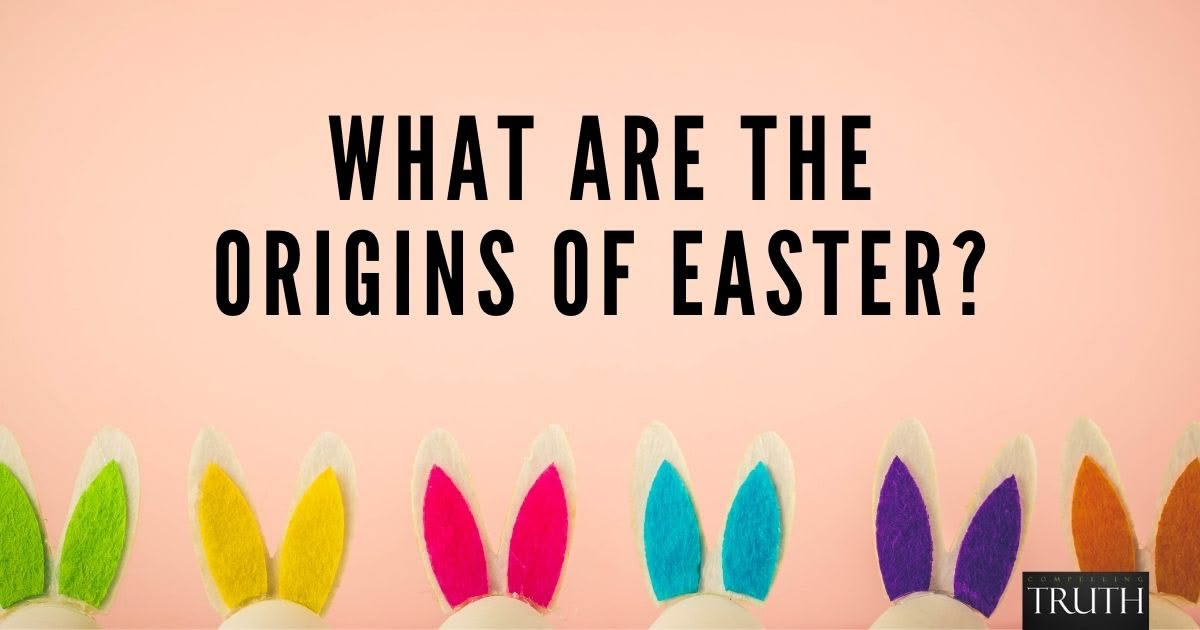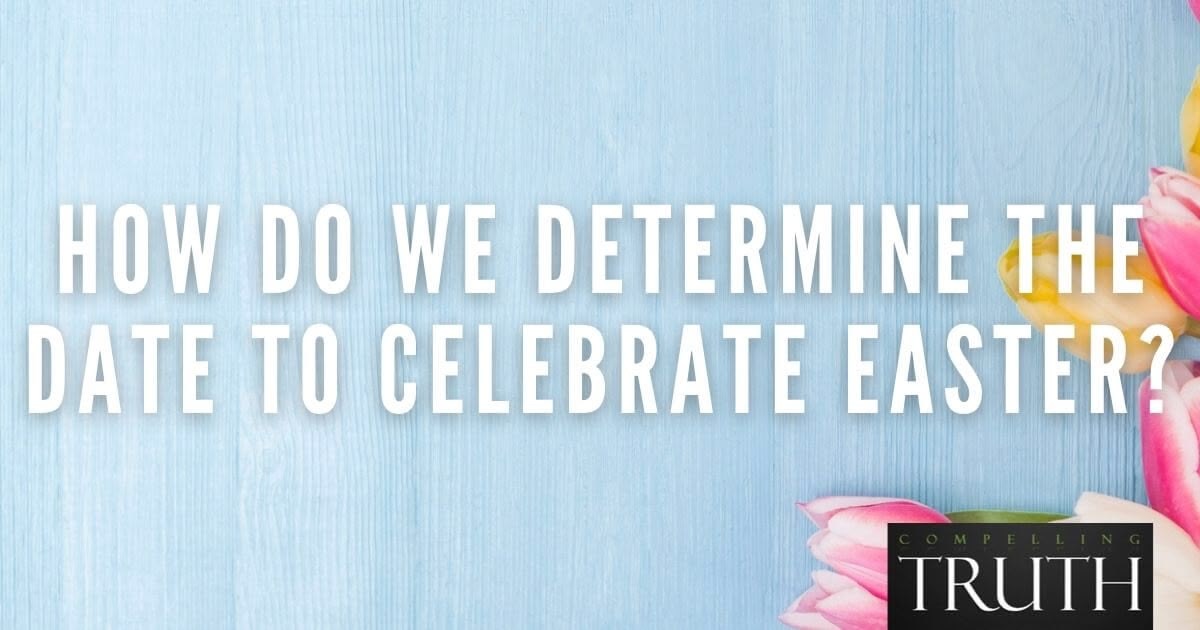Easter as the celebration of Jesus Christ’s resurrection is not a pagan holiday, though some confuse it due to cultural springtime traditions. The Bible warns against pagan worship, but Easter focuses on Jesus’ resurrection, which brought victory over sin and death for all who believe, a foundational truth in both the Old and New Testaments. While some Easter customs like eggs and rabbits have pagan origins related to fertility symbols, these cultural practices do not define the Christian meaning of Easter. The name "Easter" may resemble an ancient goddess’s name, but there is no historical connection between the two. Ultimately, Easter centers on the real, historical resurrection of Jesus, which offers salvation and eternal life to all who believe.
One of the main reasons people ask about the origins of Easter is the name itself. The word Easter has similarities to an ancient Saxon goddess by the name Eostre. However, besides the similarity in spelling, there is no historical connection between the two.
Many springtime pagan celebrations have been or are marked by cultures around the world. The spring equinox has been connected to many events such as the Day of Bau (Babylonian), Dark Mother Day (Indian), the Day of Fortuna (Roman), the Feast of Blajini (Romanian), the Feast of Artemis/Diana (Greek/Roman), the Feast of Tellus Mater (Roman), the Festival of Ba'ast (Egyptian), the Festival of Ishtar (Babylonian), the Feast of Elaphebolia (Athenian), and Odin's Day (Norse). One of the more famous still occurs at Stonehenge, where Druids and other pagans gather on the spring equinox to watch the sunrise.
Some of the modern cultural practices associated with Easter—such as the Easter bunny, colored eggs, and egg hunts—have also led people to question whether Easter has pagan roots. The rabbit, a symbol of fertility in many ancient cultures, and eggs, which symbolize new life, were used in various springtime fertility rites. These symbols were later incorporated into folk traditions in Europe and eventually became part of secular Easter customs, especially in Western cultures.
However, it is important to distinguish between cultural traditions and the core of the Christian celebration. The resurrection of Jesus Christ is the central focus of Easter for believers. The inclusion of eggs or rabbits in modern festivities does not change the historical and theological foundation of the holiday. Christians are not celebrating fertility or the changing of seasons—they are celebrating the victory of Jesus over sin and death. Believing that Jesus, fully God and fully man, died on the cross for our sins and resurrected results in our forgiveness and redemption, resulting in eternal life (Ephesians 1:3-14). This salvation is for all who believe, not just those of Jewish descent (John 1:12; 3:16-18; Galatians 3:25-29), and it is why we celebrate Easter.




